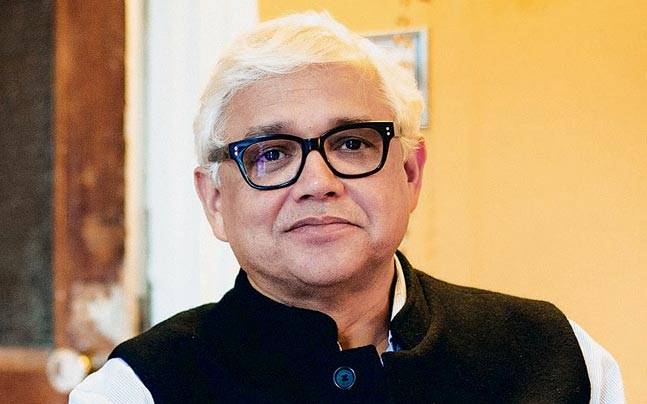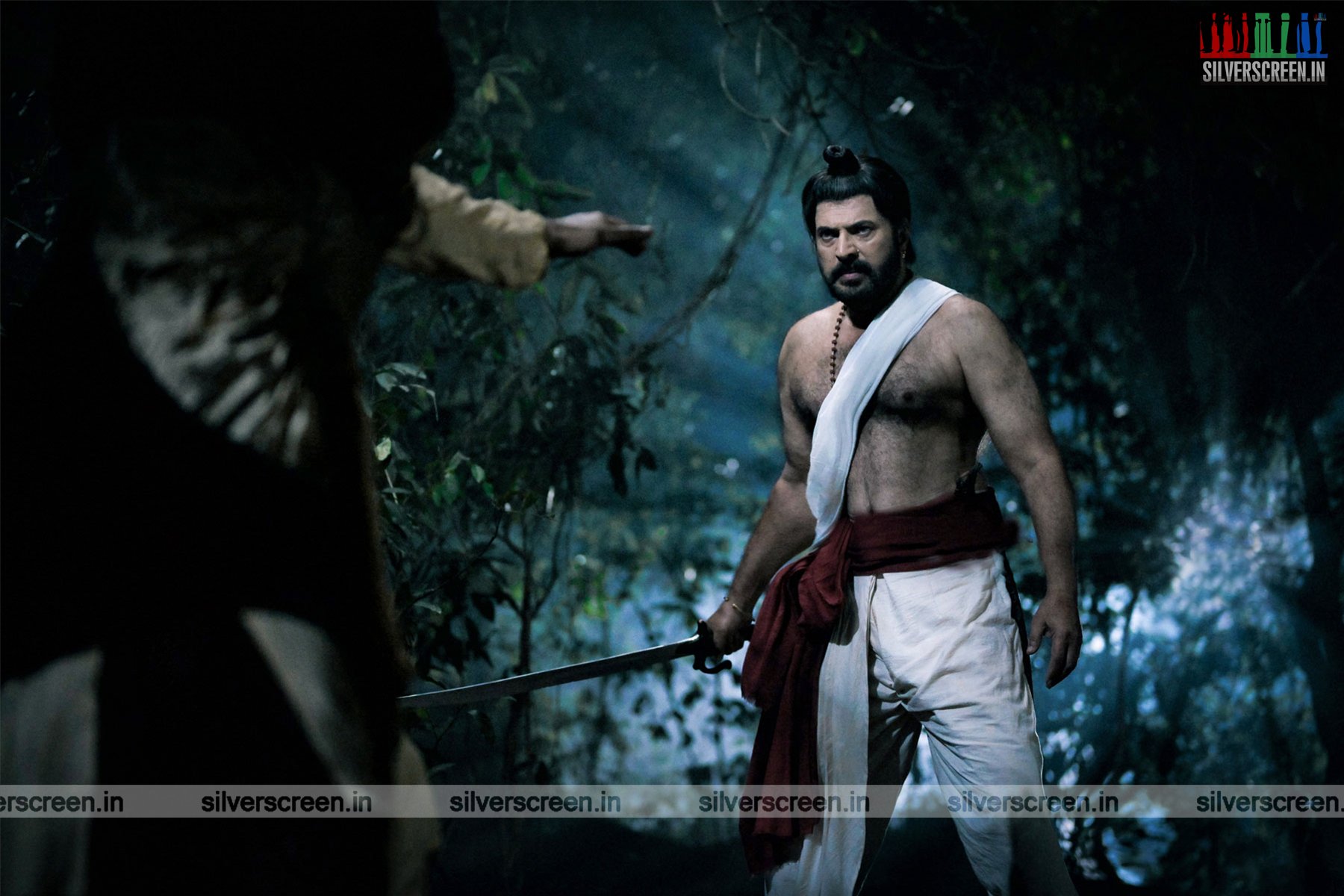Amitav Ghosh, author of ‘Sea of Poppies’ and ‘The Shadow Lines’, has been honoured with the 54th Jnanpith Award. A recipient of the Padma Shri and the Sahitya Akademi Award, Ghosh’s works were considered for the Man Booker Prize in 2008 (‘Sea of Poppies’) and 2012 (‘River of Smoke’).
Following the announcement, the author took to Twitter to express his gratitude:
Thank you. This is an amazing day for me. I never thought I would find myself on this list, with some of the writers I most admire https://t.co/xKUXfSH8hp https://t.co/qnGtM0E4Au
— Amitav Ghosh (@GhoshAmitav) December 14, 2018
Based in Delhi, the Bharatiya Jnanpith is a literary organisation that has been handing out the award to writers since 1965. “Amitav Ghosh is a path- breaking novelist,” a statement by the organisation said according to PTI. “In his novels, Ghosh treads through historical settings to the modern era and weaves a space where the past connects with the present in relevant ways. His fiction is endowed with extraordinary depth and substance through his academic training as a historian and a social anthropologist.”
Ghosh’s most famous works include ‘The Circle of Reason’ (1986) – his debut novel, ‘The Shadow Lines’ (1988) and ‘The Calcutta Chromosome’ (1995) among others. He is also known for his ‘Ibis’ trilogy – a historical fiction centered around the opium trade between India and China during the 19th century. The trilogy derives its name from the ship featured in the book. ‘Sea of Poppies’, ‘River of Smoke’ and ‘Flood of Fire’ (2015) forms the trilogy.
Speaking about his inspiration for the series, Ghosh said in an interview: “I’m from a family that has been displaced many times. I wanted to write a book about leaving India, and then discovered this whole history of opium, which formed our world. One of the wonderful things about Indian life is the relationships you build with other people and their children. It’s that sense of inter-generational interconnectedness I want to convey.”
Recommended
In 2010, when Ghosh was criticised for accepting the Dan David Prize, an Israeli award worth $1 million that he shared with Margaret Atwood, he said, “what is happening in the West Bank and Gaza Strip is appalling. I very much hope a solution can be found. But, for me, literature is a means to building bridges. The opposition to me accepting the award is reasonable, but the idea of saying to a whole country ‘You are untouchable’, or to my Israeli friends that they are tainted just by their nationality, is alien to me.”
“Who in India can seriously deny that terrible things have happened in Kashmir and the Northeast, but am I going to say India should be boycotted? No,” he added.
His latest work is a non-fiction book – ‘The Great Derangement’ (2016) – on climate change.
Image courtesy: India Today



